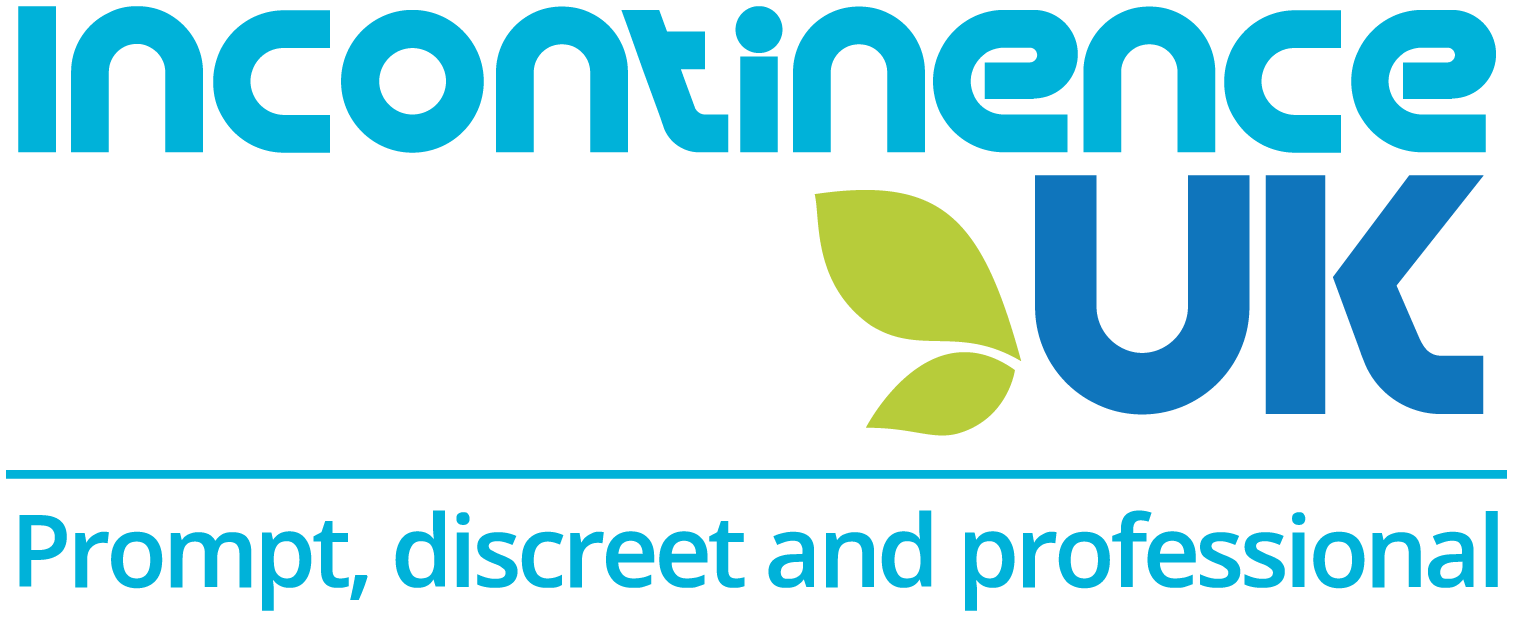29 June 2017
7 Tips to Help Prevent Dehydration in Elderly Patients
We have all been feeling the effects from the heat wave recently and as people get older, body water content decreases. Many medications the elderly take also make them more susceptible to dehydration. Here are 7 tips to help prevent dehydration in elderly patients: Tips:- Drink small amounts of fluids throughout the day, rather than drinking large
 amounts all at once.
amounts all at once. - Five 8-ounce glasses of water per day is a good bench for elderly patients. Although everyone’s needs are different, studies have shown that elderly adults who drink 5 glasses of water experience lower rates of fatal coronary heart disease.
- Avoid coffee, alcohol and high-protein drinks, especially in large quantities, because they have a diuretic effect. This leads to a greater loss of body water, which can cause or exacerbate dehydration.
- Drink water, milk or juice with every meal, and keep favourite beverages nearby.
- Recognize the early warning signs of dehydration. Warning signs include fatigue, dizziness, thirst, dark urine, headaches, dry mouth/nose, dry skin and cramping.
- Remember that foods high in water, like fresh fruits, vegetables and some dairy products, can help meet your daily water needs.
- Fear of incontinence can diminish the urge to drink voluntarily. Therefore, drink more during the day and limit drinking before bed. Additionally, drinking small amounts of water throughout the day may help.






